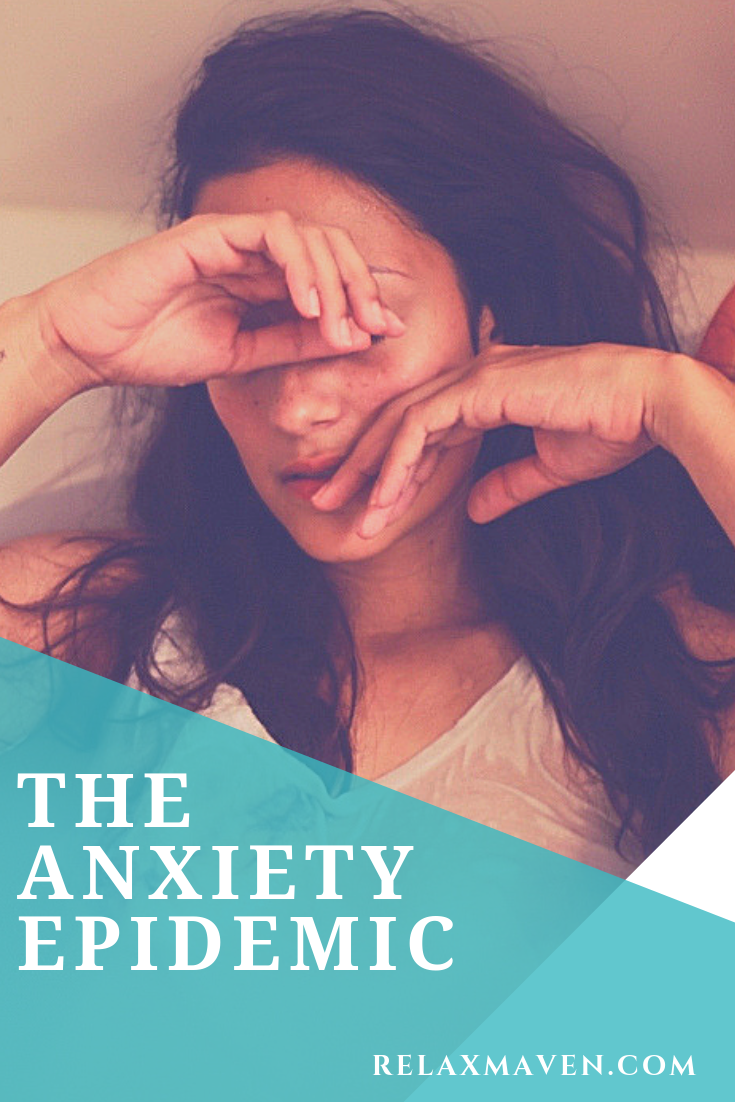
Living in a fast-paced society can be extremely stressful and may take a toll on our mental health. Anxiety has become an increasingly common issue and not all of us know how to deal with it properly and effectively.
First, it’s essential to differentiate normal from harmful anxiety. Normal anxiety is when we encounter real and legitimate stressors wherein our body naturally activates our “fight or flight” response, often accompanied by a seeming adrenaline rush. According to Jerilyn Ross, director of The Ross Center for Anxiety and Related Disorders, this type of reaction helps prepare us for issues we have to face head-on and sometimes gives us the push to act when we need to.
Anxiety becomes harmful when it takes a life of its own. When you see everything as a potential crisis. Like disaster and failure is just waiting for you around the corner.
The Dangerous Effects of Anxiety
Anxiety is a mental state but manifests physiologically with some of these warning signs – trouble sleeping, headaches, upset stomach, difficulty eating, and focus. Some of us even experience a panic attack, characterized by a pounding heart, and lightheadedness.
Ross adds that anxiety may also feel like depression and they often overlap. Sometimes anxiety becomes too overwhelming that it impedes your day-to-day activities, and it prevents you from functioning the way you should. In cases of extreme anxiety, we are not capable of making sound decisions. We will avoid things because the anxiety is too much. We put off our daily tasks because we can’t focus.
How to Cope With Anxiety
Here are a few coping mechanisms for us to adapt whenever we catch ourselves anxious:
- Ask yourself ‘get real’ questions.
You need to distinguish the real dangers that your stressful situation presents from your imagined risks. Ask, “What things can I control and what things can I change? What things do I simply have to accept?”
- Challenge negative thoughts
“Is this a productive thought? Is it bringing me closer to my goals?” If it’s a negative thought that you’ve stuck in auto-replay in your head, you must challenge that thought and say ‘stop’. Instead of becoming incapacitated by anxiety, speak to yourself more positively. Things like, “This situation may not be ideal and I may have to make some sacrifices but I’ll do what I have to do now. I can look for better options later.”
- Learn to relax
Anxious people tend to hold their breath. Breathing exercises help significantly to get the body back to a relaxed state. Take yoga and meditation classes. Maybe get a quick run around the block. Exercise is often a wonderful outlet for anxiety.
Find more anxiety-coping techniques at this article by WebMD.
Are you prone to anxiety? Find out by taking this short quiz from The Anxiety Toolkit. Share your results in the comments below!
